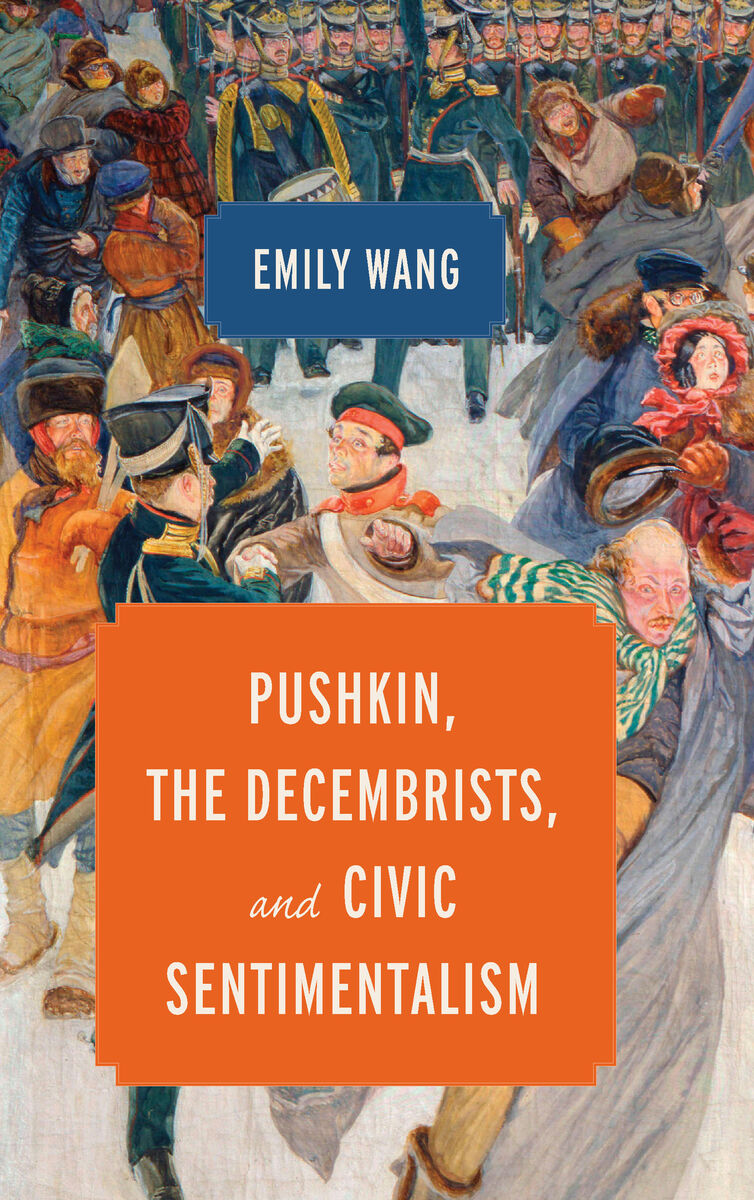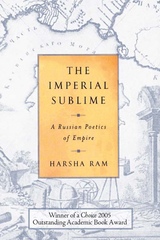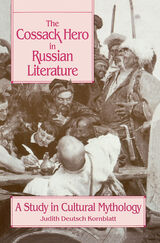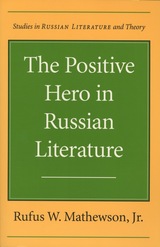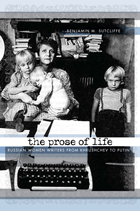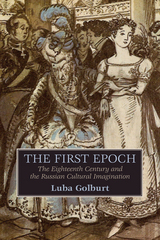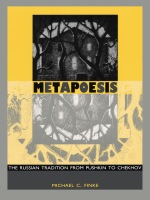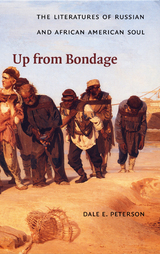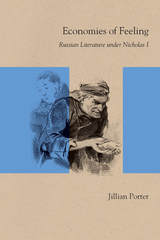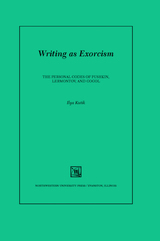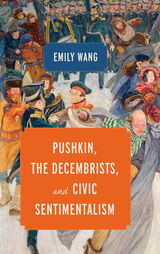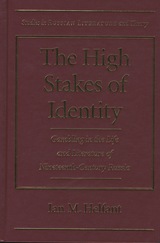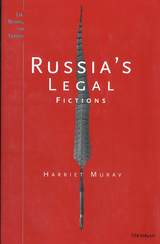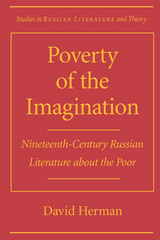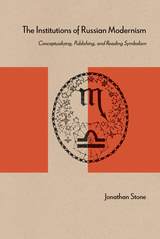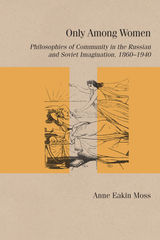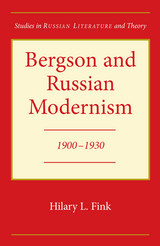Pushkin, the Decembrists, and Civic Sentimentalism
University of Wisconsin Press, 2023
Cloth: 978-0-299-34580-8 | eISBN: 978-0-299-34583-9
Library of Congress Classification PG3015.5.D37W36 2023
Dewey Decimal Classification 891.709003
Cloth: 978-0-299-34580-8 | eISBN: 978-0-299-34583-9
Library of Congress Classification PG3015.5.D37W36 2023
Dewey Decimal Classification 891.709003
ABOUT THIS BOOK | AUTHOR BIOGRAPHY | REVIEWS | TOC | REQUEST ACCESSIBLE FILE
ABOUT THIS BOOK
In December 1825, a group of liberal aristocrats, officers, and intelligentsia mounted a coup against the tsarist government of Russia. Inspired partially by the democratic revolutions in the United States and France, the Decembrist movement was unsuccessful; however, it led Russia’s civil society to new avenues of aspiration and had a lasting impact on Russian culture and politics. Many writers and thinkers belonged to the conspiracy while others, including the poet Alexander Pushkin, were loosely or ambiguously affiliated. While the Decembrist movement and Pushkin’s involvement has been well covered by historians, Emily Wang takes a novel approach, examining the emotional and literary motivations behind the movement and the dramatic, failed coup.
Through careful readings of the literature of Pushkin and others active in the northern branch of the Decembrist movement, such as Kondraty Ryleev, Wilhelm Küchelbecker, and Fyodor Glinka, Wang traces the development of “emotional communities” among the members and adjacent writers. This book illuminates what Wang terms “civic sentimentalism”: the belief that cultivating noble sentiments on an individual level was the key to liberal progress for Russian society, a core part of Decembrist ideology that constituted a key difference from their thought and Pushkin’s. The emotional program for Decembrist community members was, in other ways, a civic program for Russia as a whole, one that they strove to enact by any means necessary.
Through careful readings of the literature of Pushkin and others active in the northern branch of the Decembrist movement, such as Kondraty Ryleev, Wilhelm Küchelbecker, and Fyodor Glinka, Wang traces the development of “emotional communities” among the members and adjacent writers. This book illuminates what Wang terms “civic sentimentalism”: the belief that cultivating noble sentiments on an individual level was the key to liberal progress for Russian society, a core part of Decembrist ideology that constituted a key difference from their thought and Pushkin’s. The emotional program for Decembrist community members was, in other ways, a civic program for Russia as a whole, one that they strove to enact by any means necessary.
See other books on: 1799-1837 | Post-Soviet | Pushkin | Pushkin, Aleksandr Sergeevich | Russian literature
See other titles from University of Wisconsin Press
